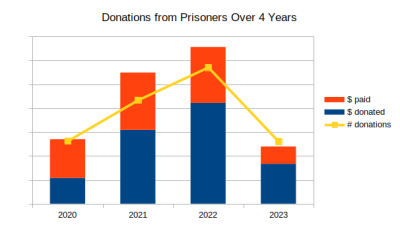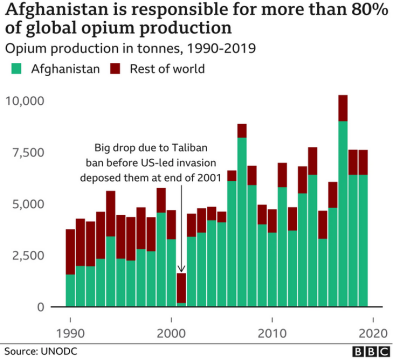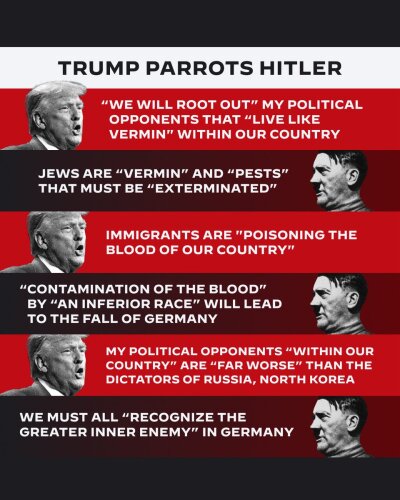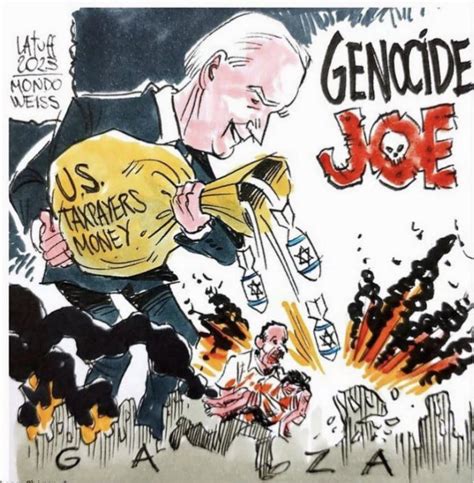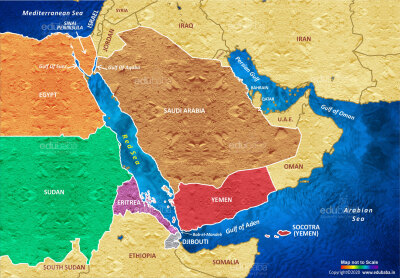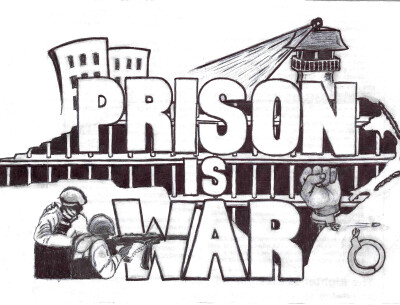A Quick Recap On Russian Imperialism
We have written in April of 2022 reviewing some quick FAQs with regards to the situation in Ukraine at the time. We believe some important points we must reassess and new points to bring up are as follows:
Both Russia and Ukraine have problems of fascism in their society expressed through the most reactionary elements of the Wagner Group of Russia and the infamous Azov Battalion of Ukraine. Both sides are vehement anti-communists despite the sensationalist portrayals of Putin as a USSR-esque tyrant in mainstream media political cartoons. Ukrainian reactionaries will topple down Soviet era statues while for the Russian imperialists, Ukraine itself is a giant Soviet era statue that must be toppled down and engulfed into Russia. Ukraine would have never gotten its independence in the first place without the world’s first proletarian dictatorship of the USSR.
Unlike the United $tates, Japan, Western Europe, and etc., Russian imperialism does not have a majority labor aristocrat population (despite a very significant one) and the class interests of the Russian proletariat lines up with the class interests of the Ukrainian proletariat against Russian and NATO imperialism.(0)
At best, Soviet nostalgia expressed in Russia longs for social-imperialist era command economy coupled with resentment of the political-economic crises caused by the complete opening up of Soviet markets. It is an unscientific frustration of the general masses in Russia. At worst, it is a rallying tool for current Russian imperialism’s moral justification akin to how concepts like democracy, freedom, and women’s rights were rallying tools of U.$. imperialism’s military invasions in the Middle East. We wish to practice revolutionary optimism in regards for the anti-revisionist communists in Russia and Ukraine who could take this popular sentiment away from the hands of the imperialists and into the hands of the broad masses.
Oftentimes in our current conditions where the anti-imperialist movement is weak and undeveloped, the best thing for U.$. imperialism’s involvement in the war in Ukraine is giving the masses the correct analysis from the vantage point of the international proletariat. We should avoid “cheer leading” between various imperialist powers where “various people’s wars and nations at war… [become akin to] fandoms for TV shows to obsess and argue over rather than a movement to popularize and create awareness for.”. We recognize the importance of organs like Under Lock & Key and independent institutions like United Struggle Within – both in their strengths and limitations – for the imprisoned section of the lumpen class.
The Wagner Group
One significant development this summer was an attempted coup by the Wagner Group against the government of Russia. For our readers who might not know, the Wagner group is a private military mercenary group of the Russian Federation formed through the 2014 Russian annexation of Crimea.(1) While its origins are unclear, the group has been claimed to have been founded by both Dmitry Utkin and Yevgeny Prigozhin with the the former having been the field military commander and the latter being the financier and military programmer.(2) Utikin, being a veteran of the Chechen Wars, was said to have had great admiration of Nazi Germany and his nickname in the battlefield was given by eir fellow imperialist soldiers as “Wagner” named after the German composer whose music was popularly used by Hitler and eir fascist goons as rallying songs during marches.(3) Due to the Nazi ideologies which were part of the Wagner Group’s political DNA from the start, fascist slogans and graffiti by the group’s presence in Ukraine has been known to have surfaced.(4)
On 20 May 2023 Prigozhin, at the time the top commander of the Wagner Group, took the city of Bakhmut, Ukraine.(5) Ey criticized top Russian officials of the military, the defense minister, and the chief of general staff withholding artillery ammunition from the Wagner Group and accused them of “high treason.”(6) Defense minister Sergei Shoigu announced that all members of “volunteer units” must be required to sign contracts with the ministry by July 1st in order to get Wagner and similar mercenary groups under a tighter leash. Despite Prigozhin’s close loyalty to Putin, the latter has chosen to back the defense minister’s decision.(7)
On the midnight of 24 June 2023, Prigozhin while denying to sign the contract and have eir fascist mercenary goons under Russian imperialist control announced a “march for justice” leaving Ukraine and having the first column enter Russia’s Southern Military District. Prigozhin demanded that Shoigu and Gerasimov be brought to him and held a blockade of the city. On the city of Voronezh, the group shot down Russian military helicopters and a command aircraft killing at least a dozen soldiers marking the start of the rebellion.(8) With Putin’s condemnation and the labeling of Prigozhin’s act as treason, the rebellion came to a quick end. On the Sunday of 24 August 2023, Russian authorities have confirmed that Prigozhin has died in a plane crash.(9)
The rhetoric that Russia is an anti-fascist or anti-colonial force in the global imperialist system is a bold-faced lie of Russian imperialism. Acknowledging this fact is in no way supporting Ukraine’s own fascism ridden government. It is the instinct of petty-bourgeois moralism to see armed conflicts as a side of the good guys and the bad guys. This war itself is an inter-imperialist battle where Russian imperialism seeks to gain global hegemony against U.$./NATO aligned forces and where the nation of Ukraine is caught in the middle of this geo-political tug-of-war. The fact that the fascists of Ukraine’s Azov Battalion and the fascists of Russia’s Wagner Group are fighting each other is just another telltale sign how fascism is an incoherent nihilistic political trend that must be stomped out.
Russia Sympathies Among the Masses
Many prisoner comrades have written to us since the previous article was published where they expressed some sympathies for Russian imperialism. Many arguments had to do with the fact that Russian imperialism was defending itself against the NATO/U.$. led powers.
A California prisoner commented:
”I hear too many well proclaimed communists taking sides with Ukraine. “Putin is a fascist,” “Putin is imperialist,” etc…
As a prisoner I have learned to be very cautious about taking sides, I see all kinds of evil up here everyday: a lot of schemes, manipulations, scam artists. I see all of them here in prison.
So why? Why is the United $nakes so interested in Ukraine winning? Why is it worth trillions of dollars to the U.$. for Ukraine to win? We, the common people like myself, does not understand things like the stock market, and the grain exchange. I understand that grain is sold for money. What I don’t understand is how a whole completely separate market created out of thin air, selling absolutely nothing but grain calling itself the grain exchange that is something only the capitalists who run the world understand.
If I had to guess with my simple mind, I would say that Ukraine sells its grain to the west at a premium as a means to launder dirty drug money. But that’s just my simple mind. It probably has more to do with the grain exchange, capitalism itself.“
One sentiment we can agree with this prisoner comrade is that the job of communists and revolutionaries in the U.$. would be to see U.$. imperialism as their principal enemy. Many communists can so far agree with this line, the problem comes in deeper with regards to the analysis of other major imperialist countries – especially ones that spout anti-imperialist rhetoric in words such as while in practice commit imperialism that rivals the traditional NATO imperialist powers..
We would like to iterate to this comrade that their mind isn’t so simple as ey might let off. We appreciate the humbleness that revolutionaries should have that this comrade has shown, but in the end the contrite and popular phrase that the imperialist governments are the real criminals is true. Sure, we wouldn’t boil down world imperialism to money laundering; but theft and murder are important objectionable aspects of imperialism. We see many imprisoned comrades who project the anti-people crimes they struggle to overcome onto the criminal ways of the imperialists, and for a starting point these oversimplifications might not be the worst thing as a step towards revolutionary thinking.
With that said we would disagree that Russia is doing self-defense with regards to their invasion of Ukraine. As the above points laid out, we should avoid choosing sides in inter-imperialist conflict even though the U.$. and NATO imperialist forces didn’t have direct boots in Ukraine (which the comrade has also expressed as well).
The real question comes in as how Lenin’s theses on “The Defeat of One’s Own Government in the Imperialist War” would mean in practice in our current material conditions where the revolutionary forces are much weaker and arguably much more revisionist and opportunist than even the revisionist European and imperialist country communist movements which Lenin was writing polemics against.(10) One point that we can start from is this: the war that we should be focusing on is the war waged by Amerika against its internal semi-colonies of the Black, Chican@, and Indigenous Nations through mass imprisonment and police occupation. With this issue’s Under Lock & Key covering the topic of how “Prisons Are War,” we would like to further expand on how prisons play this role of low-intensity genocide against the masses.
Notes. 0.300 million exploited whites: where are they? (Not in the United $tates), MIM FAQ.
1. Andrew S. Bowen, 1 August 2023, Russia’s Wagner Private Military Company (PMC), Congressional Research Service.
2. Stewart Bell, 29 June, 2023, In Prigozhin’s shadow, the Wagner Group leader who stays out of the spotlight, Global News.
3. Ibid.
4. Brian Castner, 1 June 2022, The White Power Mercenaries Fighting For the Lost Cause Around the World, TIME.
5. Joshua Yaffa, 31 July 2023, Inside the Wagner Group’s Armed Uprising, The New Yorker
6. Kevin Shalvey, 10 July 2023, Russian rebellion timeline: How the Wagner uprising against Putin unfolded and where Prigozhin is now, ABC News
7. Ibid.
8. Ibid.
9. Associated Press, 27 August 2023, Russia confirms that Yevgeny Prigozhin was killed in last week’s plane crash, NPR.
10. Lenin, 26 July 1915, The Defeat of One’s Own Government in the Imperialist War, Lenin Collected Works.









